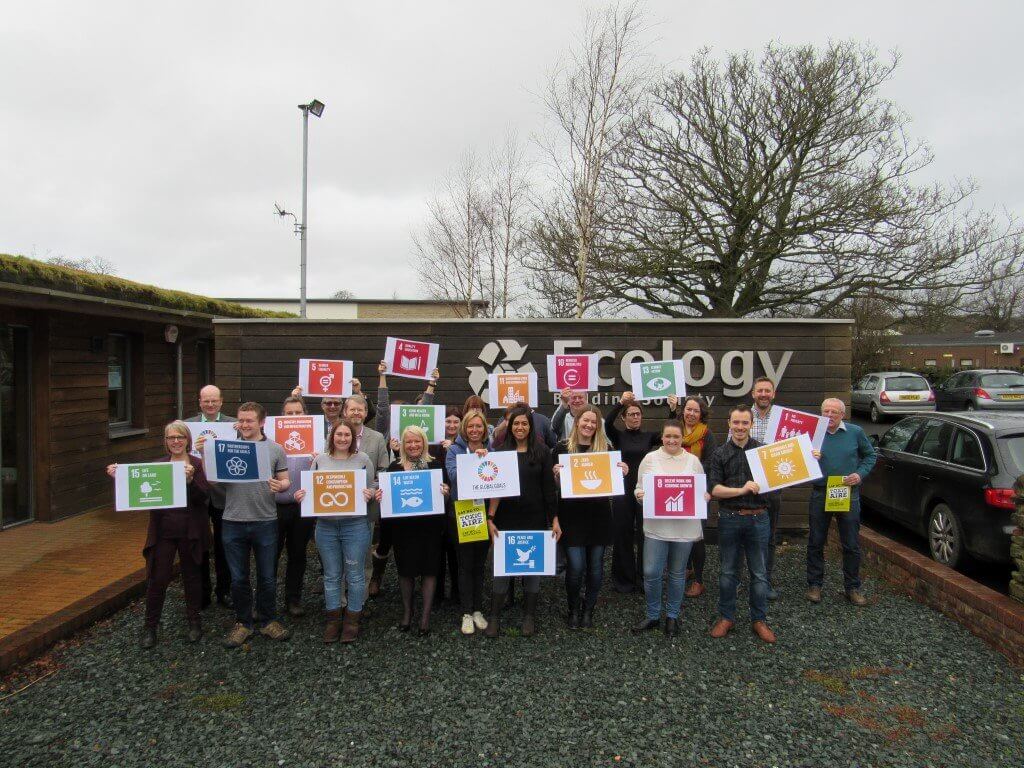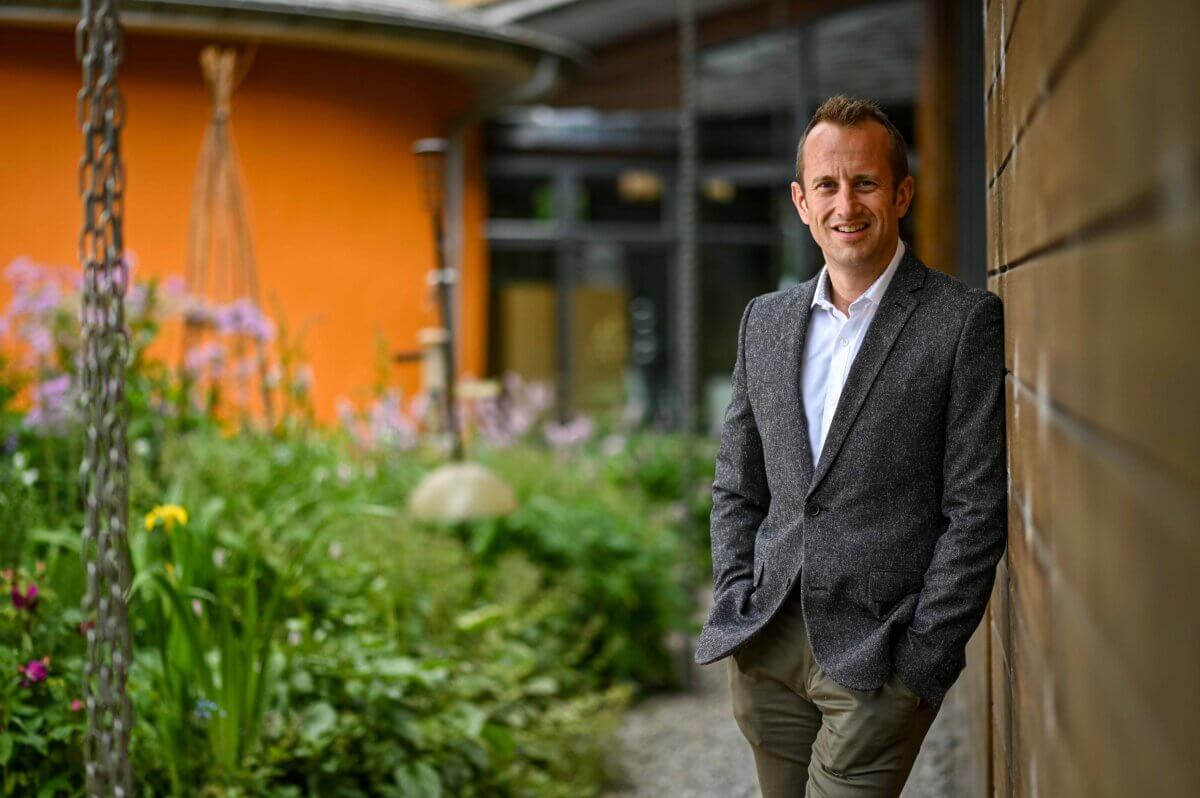Happy Birthday Global Goals

Against a backdrop of many twists and turns in the global world of politics, Ecology non-executive director, Alison Vipond, discusses recent developments on the sustainability and climate change agenda as our politicians are seemingly distracted by other matters.
The Sustainable Development Goals (SDGs) have reached their third birthday. Three years ago the countries of the world signed up to the 17 goals to protect people, planet and prosperity, to be achieved by all countries, for all people, by 2030. The goals provide a blueprint for a sustainable world. We know that achieving the SDGs globally will require trillions of dollars of investment, estimated to be $5 – 7 trillion per year. How to achieve this investment in the triple bottom line – for people, planet and prosperity – was discussed ahead of the United Nations (UN) General Assembly session in New York. It’s clear that, to deliver the SDGs, it is crucial to step up efforts in innovative financing and in mobilising private investment.
However, countries which could be leading the way on sustainable development, including the UK, are instead currently mired in other political issues, with wavering commitments on climate change, trade, economic and financial cooperation.
On climate change, most banking institutions, while normally quick to assess and manage risk, appear to have their heads largely in the sand, treating climate change as a token corporate social responsibility item, rather than an enormous, very real risk. Despite this, during last week’s World Green Building week, Ecology joined 39 European banks who are looking at how cheaper mortgages could encourage people to make their existing property more energy-efficient or to buy a more energy-efficient home.
We also saw the launch of the UN’s new Youth2030 Strategy, which aims to enhance the role of the world’s 1.8 billion young people in driving global efforts and achieving the SDGs.
Speaking at the launch of Youth2030 UN Secretary-General António Guterres said:
“All of our hopes for a better world rest on young people. Sustainable development, human rights, and peace and security can only be achieved if we empower these young people as leaders and enable them to unleash their full potential.”
“It is only right that young people be given this recognition and platform for their voice to be heard and respected. When it comes to climate change, the younger generations get a very raw deal – our children and grandchildren are likely to endure the impacts of climate change that are not of their making, leading to increased instability, and they will be challenged with finding and implementing sustainable solutions.”
Closer to home, in the UK, at the People’s Walk for Wildlife on 22 September, we were struck by the passionate words of 15-year-old Bella Lack, wildlife advocate and blogger. 10,000 people of all ages and from all over the UK marched in London to show how much they care and how much they want action to protect wildlife.
Also in the UK, at their party conference in Liverpool last week, the Labour Party launched The Green Transformation with three priorities for environmental action, which are to be applauded:
- Preventing dangerous climate change and adapting to existing climate change
- Achieving high air and water quality
- Reversing the decline of biodiversity and protecting natural habitat
We were pleased to see Labour’s policies on housing include:
- Upgrade 4 million homes to Energy Performance Certificate (EPC) C
- Delivery of insulation schemes by local authorities
- Introduce a zero carbon homes standard for new-build homes as soon as possible
- Prioritise affordable homes in a new zero carbon homes programme, ensure all council and housing associations reach EPC band C, and provide funding to support councils and housing associations to build new homes to Passivhaus standards
- Tighten regulation of privately rented homes, blocking poorly insulated homes from being rented out
Wrapping up on a positive note, we were pleased to hear that the Co-op is taking action to phase out single-use plastic bags in its stores and to ensure its own brand plastic packaging is easier to recycle. While replacing is an excellent move, let’s remember that, first and foremost, we need to reduce and reuse.
Alison Vipond is a non-executive director at Ecology and Research Manager at Northumbria University. Click here to read Alison’s previous blog: Building a greener society – heat wave blues.



